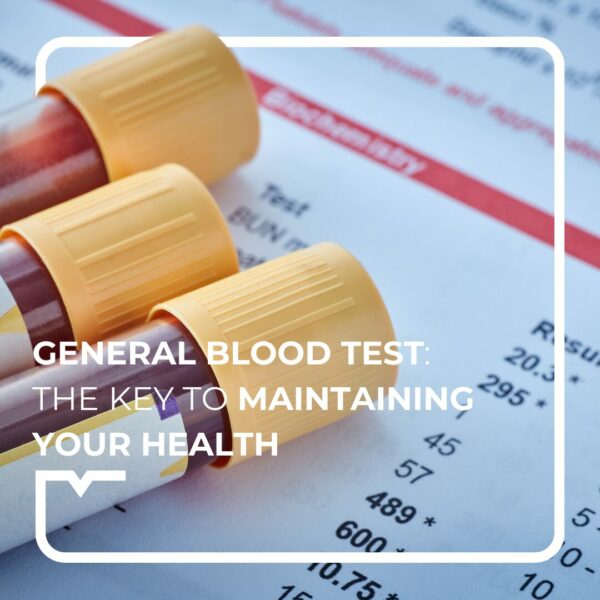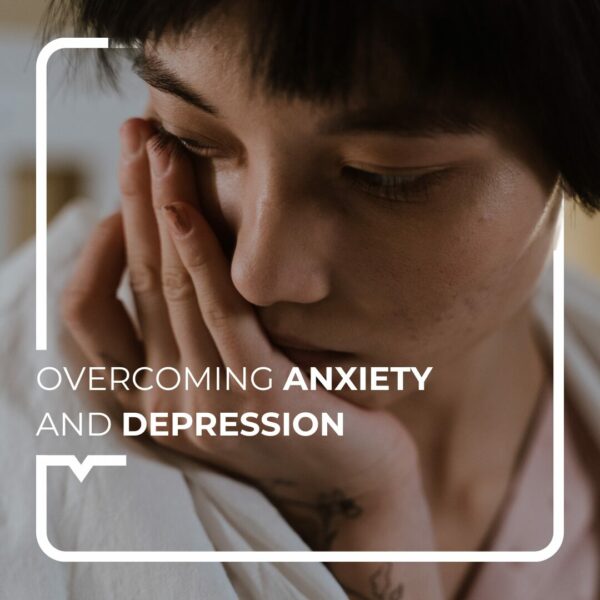Imagine you’re in the middle of the day, enjoying your routine, but suddenly an insistent tickle invades your nose. Every breath is accompanied by uncontrollable sneezing, your eyes sting and tissues become your best ally. You may be familiar with rhinitis, but how much do you really know about this condition?
Hello, this is Dr Joy,
Today, let’s explore rhinitis, its symptoms, its different forms, and above all, discover the solutions to improve your respiratory comfort.
I – What is rhinitis?
Rhinitis is an inflammation of the nasal mucosa, a common condition affecting millions of people worldwide. It manifest itself through a series of symptoms that can significantly alter the quality of life of those affected. Rhinitis can be caused by a variety of factors, but it falls into two main categories: allergic rhinitis and infectious rhinitis.
II – Symptoms
The symptoms of rhinitis can vary depending on the underlying cause, but the most common include:
- Frequent sneezing: These reflexes are often an immediate response to irritation of the nasal mucosa, usually occurring in bursts.
- Nasal congestion: This feeling of a blocked nose can make it difficult to breathe and lead to difficulty sleeping.
- Rhinorrhoea: A clear, watery nasal discharge at first, which may become purulent if an infection develops.
- Itching: Itching can affect not only the nose, but also the eyes and throat, especially in the case of allergies.
- Fatigue: Persistent symptoms, combined with poor quality sleep, can lead to general tiredness, affecting your concentration and productivity.
- Headaches: Pressure built up in the sinuses due to congestion can also lead to headaches.
III – Types of rhinitis
- Allergic rhinitis: Caused by allergens such as pollen, dust mites, mould or animal hair, allergic rhinitis is often seasonal, occurring in spring or autumn, or can ben persistent throughout the year. Symptoms are generally acute, with pronounced itching and a clear runny nose.
- Infectious rhinitis: This form of rhinitis is generally caused by viruses, such as the common cold or flu. It spreads easily from person to person, particularly in enclosed environments. In addition to the typical symptoms of rhinitis, signs of infection such as fever, body aches and intense fatigue may also appear.
- Vasomotor rhinitis: This form of rhinitis is not caused by allergies, but rather by hyper-reactivity of the blood vessels in the nasal mucosa. It can be triggered by environmental irritants such as cigarette smoke, perfumes, or even sudden changes in temperature. Symptoms are similar to those of allergic rhinitis, but without a specific allergic response.
IV – Risk factors
A number of factors can increase the risk of developing rhinitis, in particular:
- Family history: Having a history of allergies or asthma in the family can predispose a person to allergic rhinitis.
- Exposure to allergens: Living in allergen-rich environments, such as rural areas during the pollen season.
- Frequent infections: Having a weakened immune system can increase susceptibility to viral infections.
V – Treatments and solutions
There are several options available to relieve the symptoms:
- Antihistamines: These drugs help block the action of histamine, reducing itching, sneezing and runny nose. They may be available as tablets, nasal sprays or drops.
- Decongestants: These medicines, available as nasal sprays or tablets, can help reduce nasal congestion by constricting blood vessels. However, their use should be limited to a few days to avoid a rebound effect.
- Nasal corticosteroids: Often recommended to control inflammation in cases of allergic rhinitis, they are very effective in reducing symptoms over the long term. They need to be used regularly for optimum results.
- Nasal irrigation: Using saline solutions to irrigate the nasal passages can relieve congestion and reduce irritation. It also helps eliminate allergens and irritants.
- Avoiding allergens: For those suffering from allergic rhinitis, identifying and reducing exposure to known allergens is crucial. This can include measures such as using anti-allergen filters in the home, avoiding pets and managing humidity to prevent mould growth.
VI – When should you consult a healthcare professional?
It is important to consult a healthcare professional if you experience persistent or severe symptoms, such as:
- Breathing difficulties
- Intense facial pain
- Symptoms that worsen despite treatment
- Persistent fever or signs of infection
A doctor can carry out tests to identify the exact cause of rhinitis and recommend a treatment tailored to your specific situation.
Rhinitis, whether allergic or infectious, can have a significant impact on your daily life. By recognising the symptoms and implementing the appropriate solutions, you can regain better respiratory comfort. Don’t hesitate to consult a healthcare professional for a precise diagnosis and personalised recommendations. By taking care of your nasal health, you can not only improve your quality of life, but also prevent possible complications.
Beijinhos !
Dr Joy
This information is not a substitute for medical advice.
You must seek the advice of your doctor or another qualified health professional with any questions you may have regarding your health condition.
Sources :



